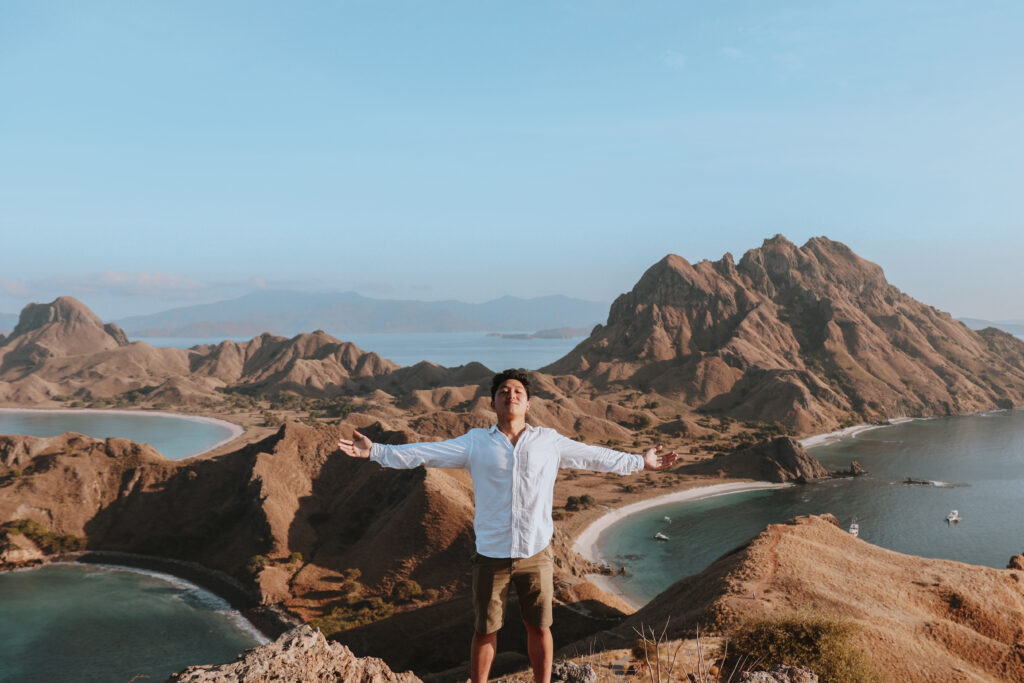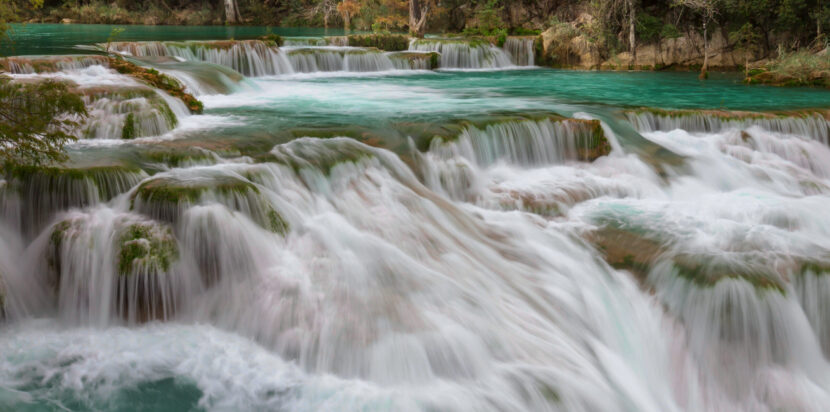Best Places to Retire in Mexico for Expats
What to know before packing up & moving to Mexico…
The warm-weather country of Mexico – famous for its diverse culture and colorful history – is a hot destination to move to, according to InterNations. Because of its lower cost of living, many expats are choosing to move in increasing numbers. Subsequently, this article will consider the best places to retire in Mexico for Expats.
A fun fact about this country: It’s actual, correct name, is the United States of Mexico (or Estados Unidos Mexicanos) and it has 31 states and districts.
Personal Freedom

For the most part, Mexico is an ideal destination for expats seeking sanction and personal freedom. While Mexico has a pleasant, sunny climate and a lower cost of living that draws hordes of people in annually, on the flip side it also has a higher crime rate, corruption in all areas of government and police levels, and a substandard healthcare system. However, if what you crave is freedom, then overlook these problems and just focus on the freedom that Mexico has to offer.
Fantastic Weather
Mexico isn’t just a warm-weather destination; there are cities/areas with cooler climates as well, including San Miguel Allende and Gaunajuato. These 2 cities are popular with tourists and expats who don’t, typically, thrive in warm-weather climates. Mexico City is a bustling, cosmopolitan district with a lively nightlife and warm weather, making it perfect with the younger scene.
Best Places to Retire in Mexico for Expats – Affordability
Mexico’s low cost of living and cheap healthcare is definitely a draw for those wanting to move to a different country. Expats from higher-income countries like Canada and the US find that their salary stretches further in Mexico, affording them a more luxurious lifestyle. However, not everything is cheap; credit cards have notoriously high interest rates on them, so shop around.
Where to Live in Paradise

If you are looking for the best places to live in Mexico, you might want to consider some of these options:
- San Miguel de Allende: This charming colonial town is a UNESCO World Heritage Site and a popular destination for expats and artists. It has a vibrant cultural scene, a mild climate, and a low cost of living.
- Puerto Vallarta: This coastal city is famous for its beautiful beaches, lively nightlife, and diverse cuisine. It offers a variety of activities, from surfing and sailing to golf and yoga. It also has a large and friendly expat community.
- Merida: This historic city is the capital of Yucatan and a gateway to the Mayan ruins. It has a rich cultural heritage, a warm and sunny weather, and a modern infrastructure. It is also one of the safest cities in Mexico.
- Guanajuato: This colorful city is another UNESCO World Heritage Site and a cultural hub. It hosts several festivals, such as the International Cervantino Festival and the Guanajuato International Film Festival. It has a youthful vibe, a low crime rate, and a reasonable cost of living.
- Oaxaca: This southern state is known for its indigenous culture, gastronomy, and handicrafts. It has a diverse landscape, from mountains and forests to beaches and deserts. It is also home to some of the most impressive archaeological sites in Mexico.
Residency/VISA Options
Mexico offers a variety of residency and visa options for foreigners who want to enjoy its rich culture, delicious cuisine, and friendly hospitality. Here are a few of the main options you can select from:
- Tourist visa: This is the easiest and most common way to enter Mexico. You can stay for up to 180 days with this visa, but you cannot work or engage in any lucrative activities. You can apply for this visa online or at any Mexican consulate. Foreigners from Canada, the US, several South American countries, and the UK are, typically, all welcomed into Mexico visa-free.
- Temporary resident visa: This is a renewable visa that allows you to stay in Mexico for up to four years. You can work, study, or retire with this visa, but you need to meet certain requirements, such as having a job offer, a pension, or an investment in Mexico. You can apply for this visa at any Mexican consulate.
- Permanent resident visa: This is the ultimate visa that grants you the right to live in Mexico indefinitely. You can work, study, or retire with this visa, and you do not need to renew it. However, you need to meet stricter requirements, such as having a family tie, a high-level qualification, or a long-term temporary residency in Mexico. You can apply for this visa at any Mexican consulate.
Naturalization: This is the process of becoming a Mexican citizen. You can apply for naturalization after living in Mexico for five years with a temporary or permanent resident visa. You need to pass a test on Mexican history, culture, and language, and renounce your previous citizenship. You can apply for naturalization at the National Institute of Migration (INM) in Mexico. It should be noted that this is not an easy process for most foreigners.
Security Concerns & The Best Places for Expats to Retire in Mexico

Mexico is a great destination for travelers who want to experience a different culture, history and nature. But like any other country, it also has some potential dangers that you should be aware of before you go. Some of the common dangers in Mexico are talked more about below:
- Violent Crime: Mexico has a high rate of homicide, kidnapping, carjacking and robbery, especially in certain states and areas. Criminal groups, such as drug cartels, often clash over territory and smuggling routes. You should avoid traveling to the states of Colima, Guerrero, Michoacan, Sinaloa, Tamaulipas and Zacatecas, as they are considered very dangerous by the U.S. Department of State. You should also reconsider traveling to the states of Baja California, Chihuahua, Durango, Guanajuato, Jalisco, Morelos and Sonora. If you travel to other states, you should exercise increased caution and avoid traveling at night, hailing taxis on the street, or traveling alone.
- Natural Disasters: Mexico is prone to earthquakes, volcanic eruptions, hurricanes, floods and landslides. You should monitor local media and weather reports for any alerts or warnings. You should also familiarize yourself with the emergency procedures and evacuation routes of your hotel or accommodation. If you are near a volcano, you should follow the advice of local authorities and avoid any restricted areas. If you are near the coast, you should be aware of the risk of tsunamis and rip currents. You should also avoid swimming in unfamiliar waters or during bad weather.
Health Issues: Mexico has a risk of some infectious diseases, such as dengue fever, Zika virus, chikungunya virus and COVID-19. You should protect yourself from mosquito bites by using insect repellent, wearing long-sleeved clothing and staying in screened or air-conditioned rooms. You should also follow the advice of local authorities regarding COVID-19 prevention measures, such as wearing a mask, practicing social distancing and avoiding large gatherings. You should also be careful about the food and water you consume in Mexico. You should avoid tap water, ice cubes, raw or undercooked food, unpasteurized dairy products and street food. You should also wash your hands frequently and carry a hand sanitizer with you.
Final Words
Wherever you choose to retire to will always come with significant trade offs. The reality in expatriation is that no country is perfect but the path to success is truly accepting your new location, warts and all. Mexico still represents tremendous value for those seeking a care free lifestyle but you will need to balance the security concerns along with the benefits that it provides. Best of luck!


Comments are closed